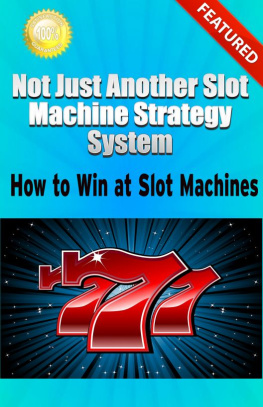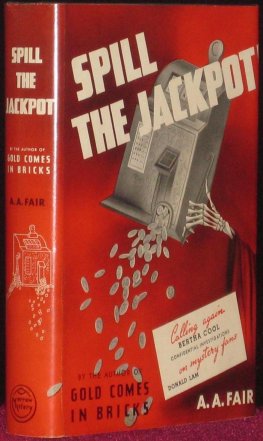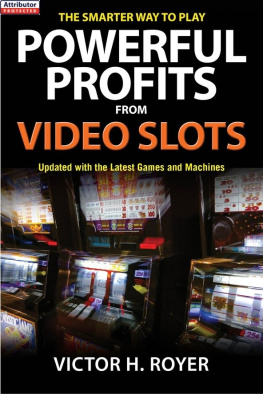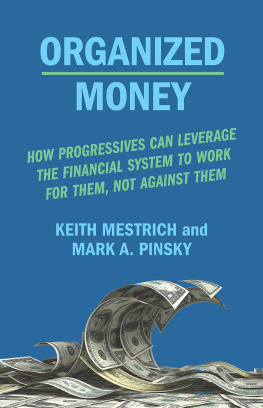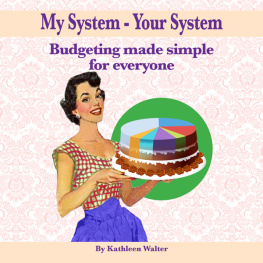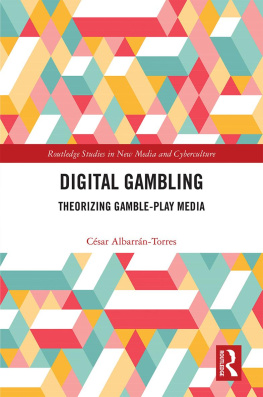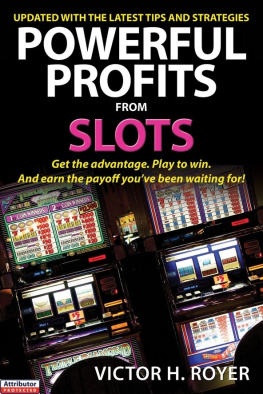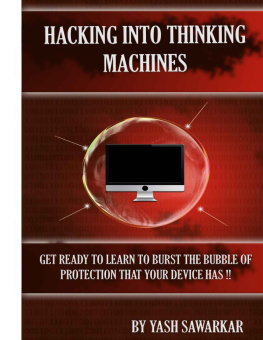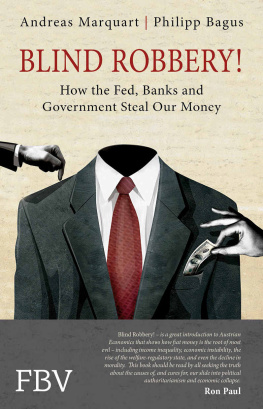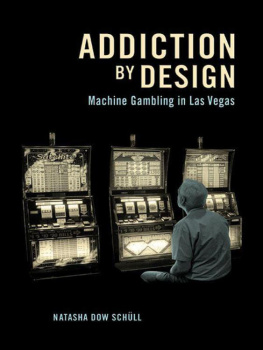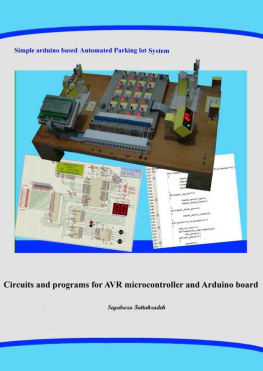Not Just Another Slot Machine Strategy: Howto Win at Slot Machines
Published by Greg Elder at Smashwords
Copyright 2012 Greg Elder
All Rights Reserved
This ebook is licensed foryour personal enjoyment only. This ebook may not be re-sold orgiven away to other people. If you would like to share this bookwith another person, please purchase an additional copy for eachrecipient. If youre reading this book and did not purchase it, orit was not purchased for your use only, then please returnto Smashwords.com and purchaseyour own copy. Thank you for respecting the hard work of thisauthor.
Introduction:
Are you tired of searching for the hidden"secret" to winning millions of dollars on slot machines? Are youtired of being lied to about a "system" that guarantees you willwin money playing slot machines? Well I am, so I decided to put thetruth out.
The bad news is there is no "secret system"that exists where you can beat the casinos playing slot machines.The good news is there is a system where you can leave the casinowith money in your pocket, and not have that empty hollow feelinginside because you just lost more money than you can afford tolose.
As a gambling writer and an advantage player(someone who plays with an advantage over the house; the odds arein my favor), I'm in a unique position. Most of my work is devotedto showing people how to get an advantage over the casino. I try toeducate my audience about the tactics casinos use to take theirmoney. I show ways to avoid these situations and use them to youradvantage.
However, I know there is a large group ofpeople who love slot machines. Slot machines can't be played withan advantage over the house. Many slot players know this, but theystill want to play because they find them so enjoyable.
My challenge was to develop a "system" (forsome reason people love to call any gambling methods a "gamblingsystem", so we'll stick with it), that would allow a slot player togo to the casino, play slot machines, and not come home broke everytime.
We all know someone (I hope it's not you),that no matter what happens they will leave the casino withabsolutely no money. They could have hit a $1000 jackpot on theirsecond spin, but somehow they will manage to put it all back intothe machines.
These players are the casino's favoritecustomers. Not only are they playing poor payback games (slotmachines), but even when they get lucky and win, they can never getthe money out the door. It goes right back into the machines beforethey leave. They either play for longer time periods, or increasethe amount of money they play per spin, or both.
These people have two choices,: 1)stopgambling because eventually it's probably going to cause afinancial problem, or 2)change their gambling habits.
This is where I come in. I wanted to developsomething that allows slot machine players to enjoy themselvesplaying slots, but at the same time maximizing any wins they mayhave along the way. With the system I've developed, you can stillplay slots, but using these methods, you're more than likely goingto come home with some money.
I also wanted the system to be realistic andsomething anyone can do. I knew if I developed something toocomplicated or unrealistic no one would use it. If I said, "As soonas you hit a jackpot of $100 or more, you have to packup and gohome," people would not follow through with it.
This system does require a bit ofself-discipline, but once you learn and abide by it you'll see thatyou can still have fun playing slots and not have to go home brokeevery time you go to the casino.
If you're not disciplined enough to put thissystem in place and follow the procedures, than you probablyshouldn't be in a casino at all. If you totally lack anyself-discipline, you need to stay away from the casino.
Ask yourself to honestly evaluate yourgambling habits and if you feel that you are losing too much money,than you need this system.
Facts and fallacies about slot machines:
Before I get into the methods of the system,I want to talk about slot machines in general. There seems to be alot of confusion amongst the general public when it comes to slotmachines. Hopefully, I can shed some light on these issues.
There are two different types of slotmachines, class II and class III. There is a big difference witheach in the way that they operate.
Class III machines are also known as "VegasStyle" slots. These can be found in all your large regulatedmarkets (e.g., Las Vegas, Atlantic City, Reno, etcetera.) The waythese machines work is with a Random Number Generator or RNG.
A RNG is suppose to be a program that comesas close as humanly possible to choosing numbers randomly.Theoretically, any program created by a human cannot be completelyrandom, but it's suppose to be as close as we can get.
Thousands of numbers are being generatedinside the machine, even when the machine isn't being played. Thesplit second you hit that spin button a number is generated, andthat number represents certain symbols on the screen. Whether ornot you will win has already been determined when you hit thebutton, the symbols are just for entertainment purposes.
This brings up a common fallacy about RNGslot machines. If you are playing at a slot machine and get up, anda minute later someone sits down and hits the jackpot on themachine you were playing, it's highly unlikely you would of hit thejackpot if you kept playing. You would of had to hit the spinbutton at the exact same mili-second as the person who won.
Another significant feature of RNG machinesis that on each spin you have the possibilty of hitting thejackpot. You are no more likely to hit the jackpot on one spin thananother. That means if I just hit the jackpot, on my next spin Ihave the same exact chance of hitting the jackpot as I did on theprevious spin. All those theories about machines being "due to hit"are fallacies as well.
This doesn't mean that the slot machines arenot programmed to payback a certain percentage, they are. Eachjurisdiction is different, but usually the lowest they can go bylaw is an 80% payback. However, even though they are programmed topayback a certain percentage over a large number of spins, the winsare not predetermined.
Another misconception has to due with the"near miss." Many believe that if they get a "near miss" to thejackpot, the machine is going to hit the jackpot soon. The numbersequence for the jackpot and the "near miss" that was received maybe thousands of numbers away. The machine is no more likely to hitthe jackpot after the "near miss," than if you didn't get a "nearmiss," the odds remain the same.
An interesting side note about "near misses"has to do with the psychological effects it has on a players mind.Scientific testing has determined that a player's mind reacts thesame way to a "near miss" as it does to hitting the jackpot. Theyexperience the same adreniline rush. Then they think the machine is"due" to hit, so they continue to play way beyond their stop-losslimit.
It's a vicious cycle that keeps players at amachine longer, creating the opportunity for them to lose moremoney. Casinos know this and for years they used it to theiradvantage. They would program "near misses" to occur at a higherrate.
Fortunately, this has since become illegal todo in regulated jurisdictions. Slot manufacturers can't program"near misses" to occur at a higher rate, but casinos still haveplenty of other methods to manipulate human behavior to theiradvantage.
Most of the information I've discussed so faronly pertains to class III, "Vegas Style" slot machines. Class IImachines are totally different. Class II machines are calledVirtual Lottery Terminals or VLT's.
Class II machines are usually found on Indiangaming reservations and racinos. Racinos are places that allowclass II slot machines and they also have a live horsetrackattached to it. I believe this is where much of the confusion comesinto play because Class II machines are preprogrammed.

